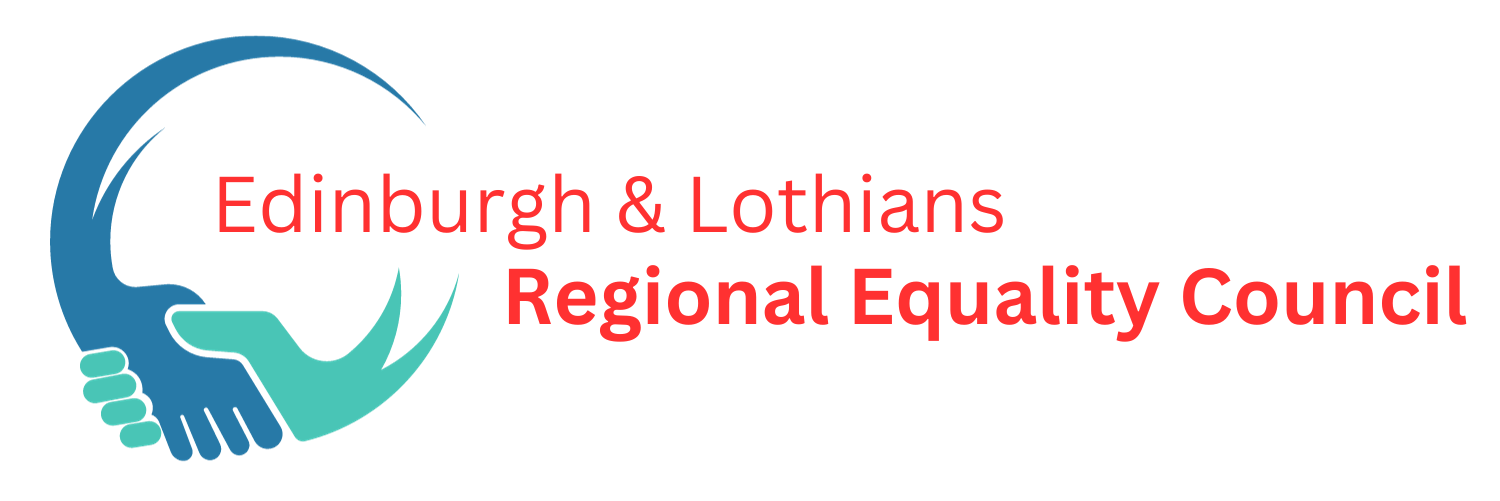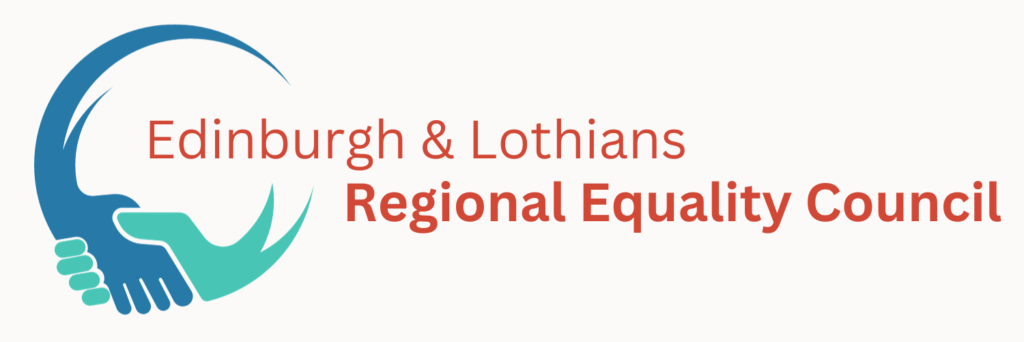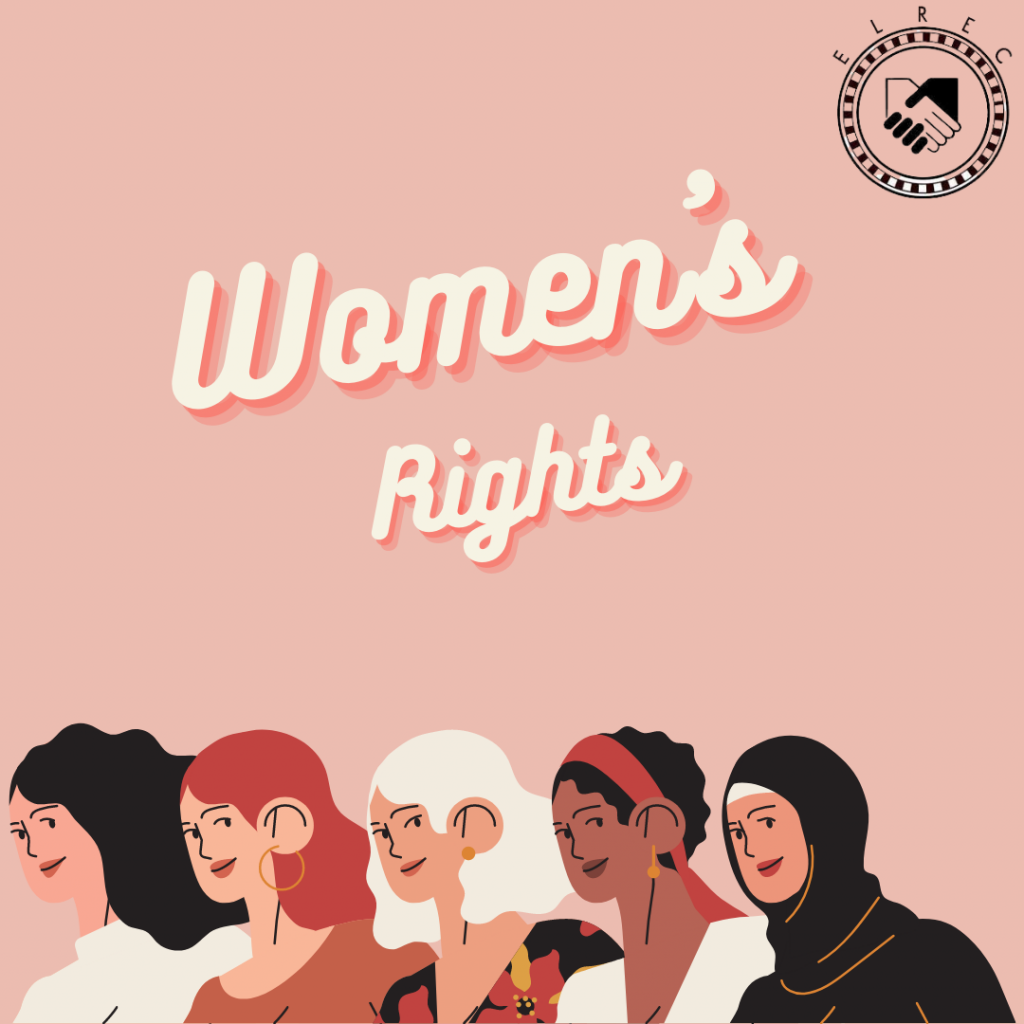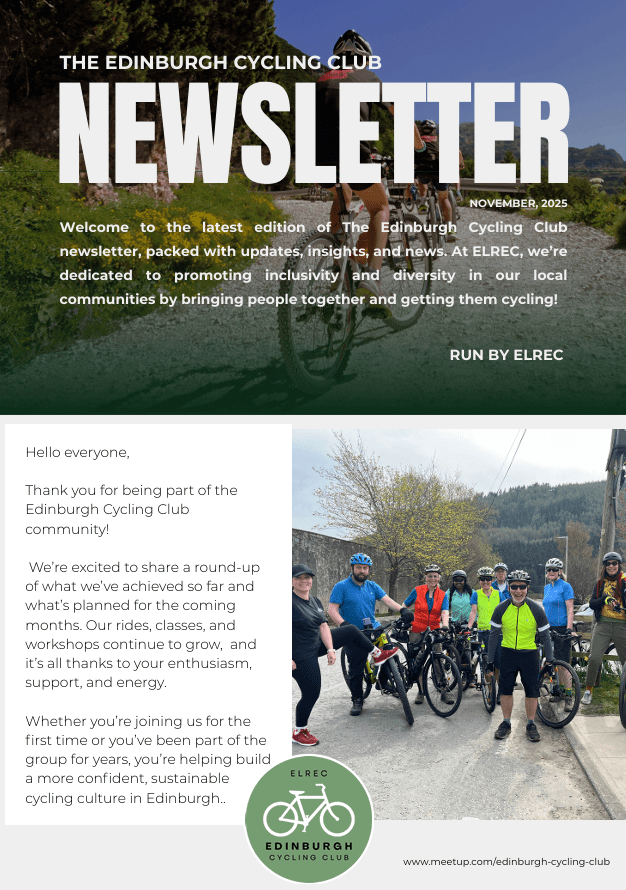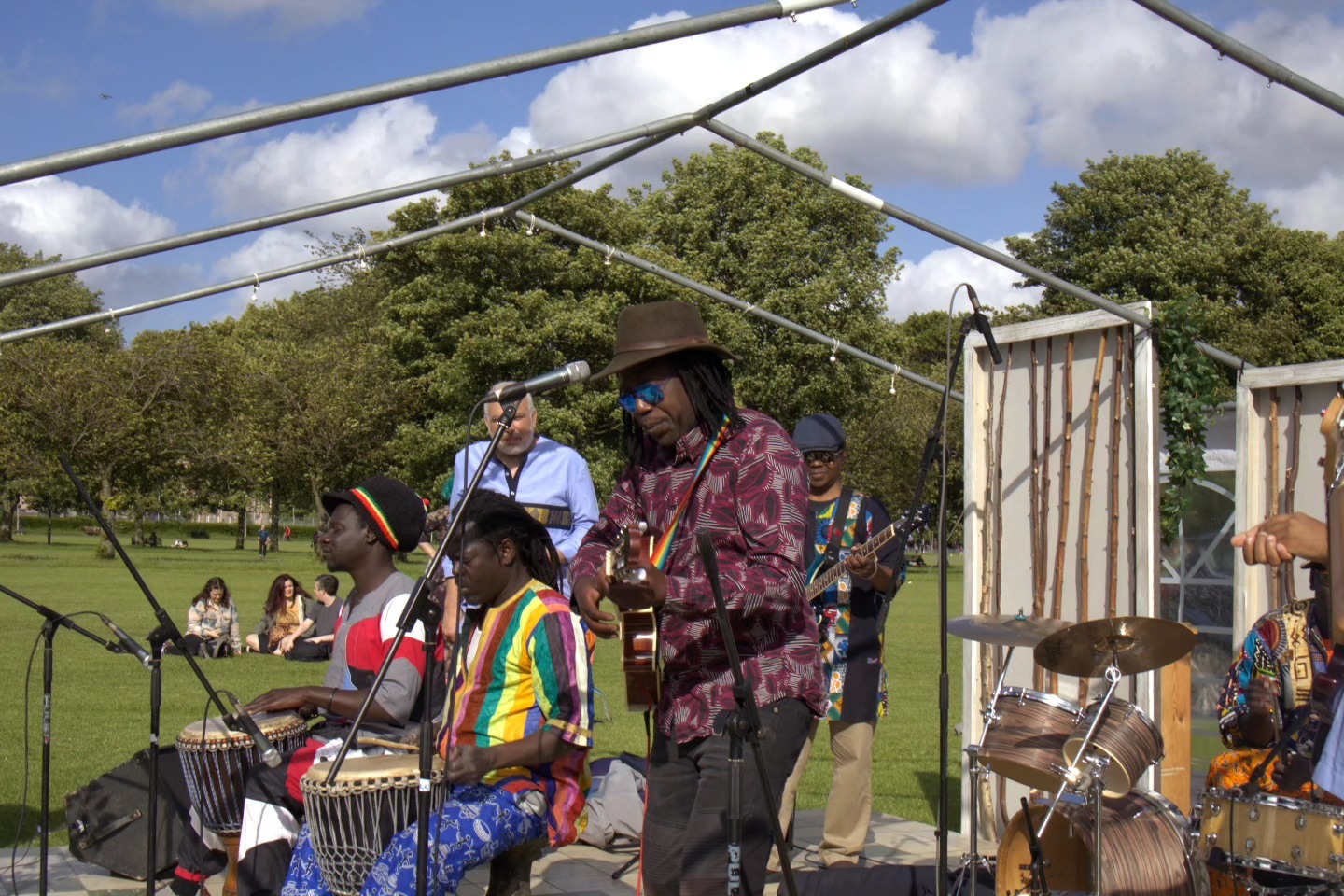Men and women have the right not to be discriminated against at work because of their gender. Although there has been an Equal Pay Act in force in the UK since 1975, women still earn an average of 19.8% less than men, according to the Office for National Statistics.
The GPG is measured as the difference in the average hourly wage of all men and women across the workforce. This means that if there are more women than men in less well-paid jobs within an organisation, and more men in the better paid jobs, the GPG will be bigger. Of the 10,000 employers who had submitted their GPG data to the Government by August 2018, over 80% had more women in their lowest paid positions than in their highest paid positions (Government Equalities Office, 2018). While, overall, more women than ever before are employed, they continue to be overrepresented in low paid, part-time and insecure employment (De Henau et al., 2018).
Women’s progression in the workplace continues to be held back by barriers such as bias around pay and promotion, difficult workplace cultures (i.e. sexual harassment), tensions between balancing work with care and a shortage of quality part-time work with a good wage potential.
How to help women rights in the workplace:
- All employers should be taking positive steps to ensure that women are paid and treated equally in the workplace and demonstrate a zero-tolerance approach to all forms of discrimination and harassment.
- Senior leaders need to role-model – and champion – flexible working.
- Ensure there is a clearly communicated policy on dignity and respect at work, highlighting that there is zero tolerance of any form of discrimination and harassment.
- Train all managers to manage people effectively, including on the importance of leading by example, proactively tackling conflict or inappropriate behaviour, and taking formal disciplinary action (where necessary).
- Interrogate your people data: employers need to look at every stage of the employee lifecycle to ensure that people management practices are fair and inclusive. For example, ascertain the number of men and women applying for each role and who gets the job, and look for any ‘cliff-edge’ points in careers when women tend to leave the organisation.
At ELREC, we are a place of equality and strive to help you no matter what your gender or background is. Here, at ELREC, our project ‘Open Arms’ helps build women’s confidence, mental health, women’s health, social skills and higher education in order to achieve their dreams and aspirations.
#womensrights #equalrights #elrec #edinburgh #womenintheworkplace #equalchances #fairness
